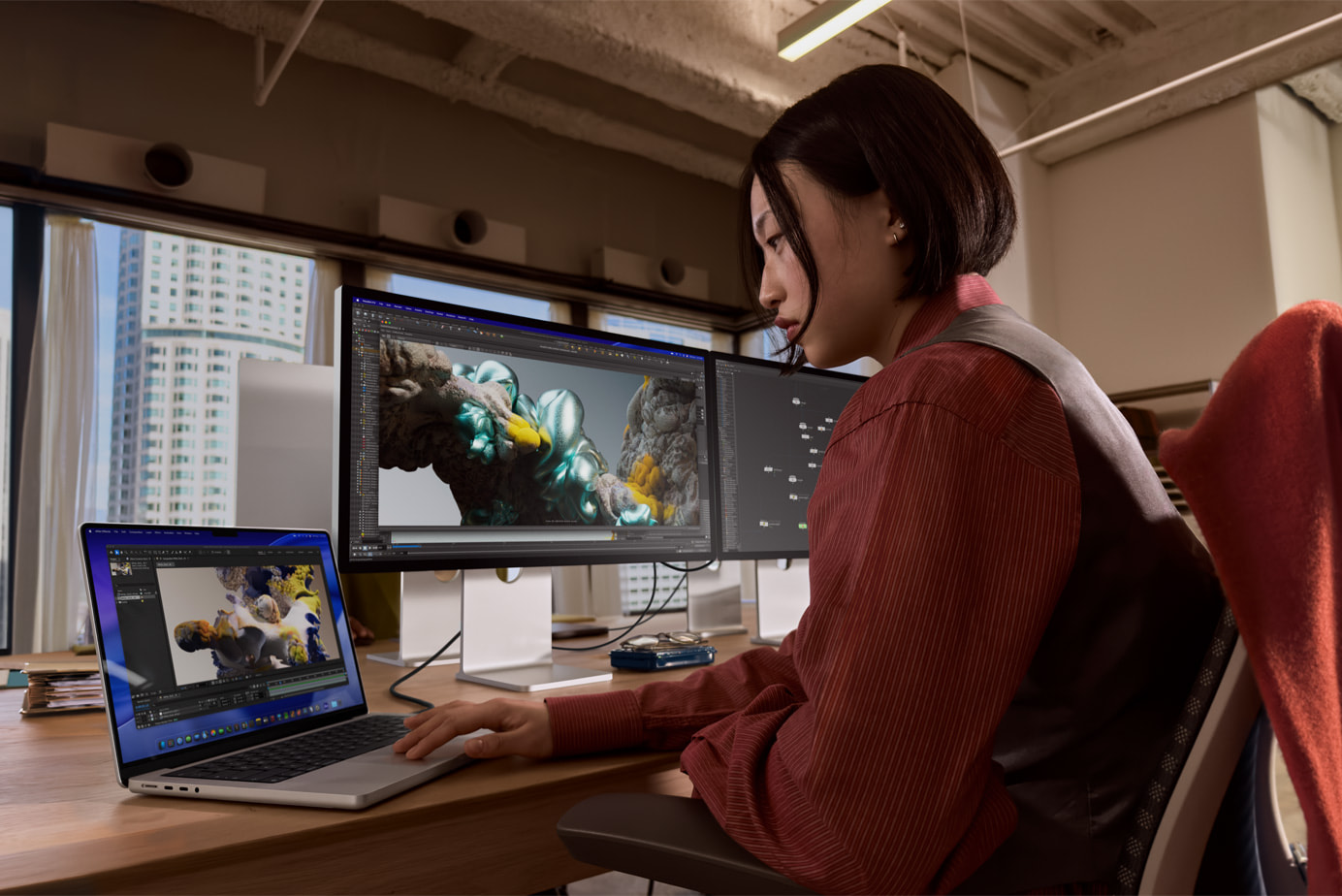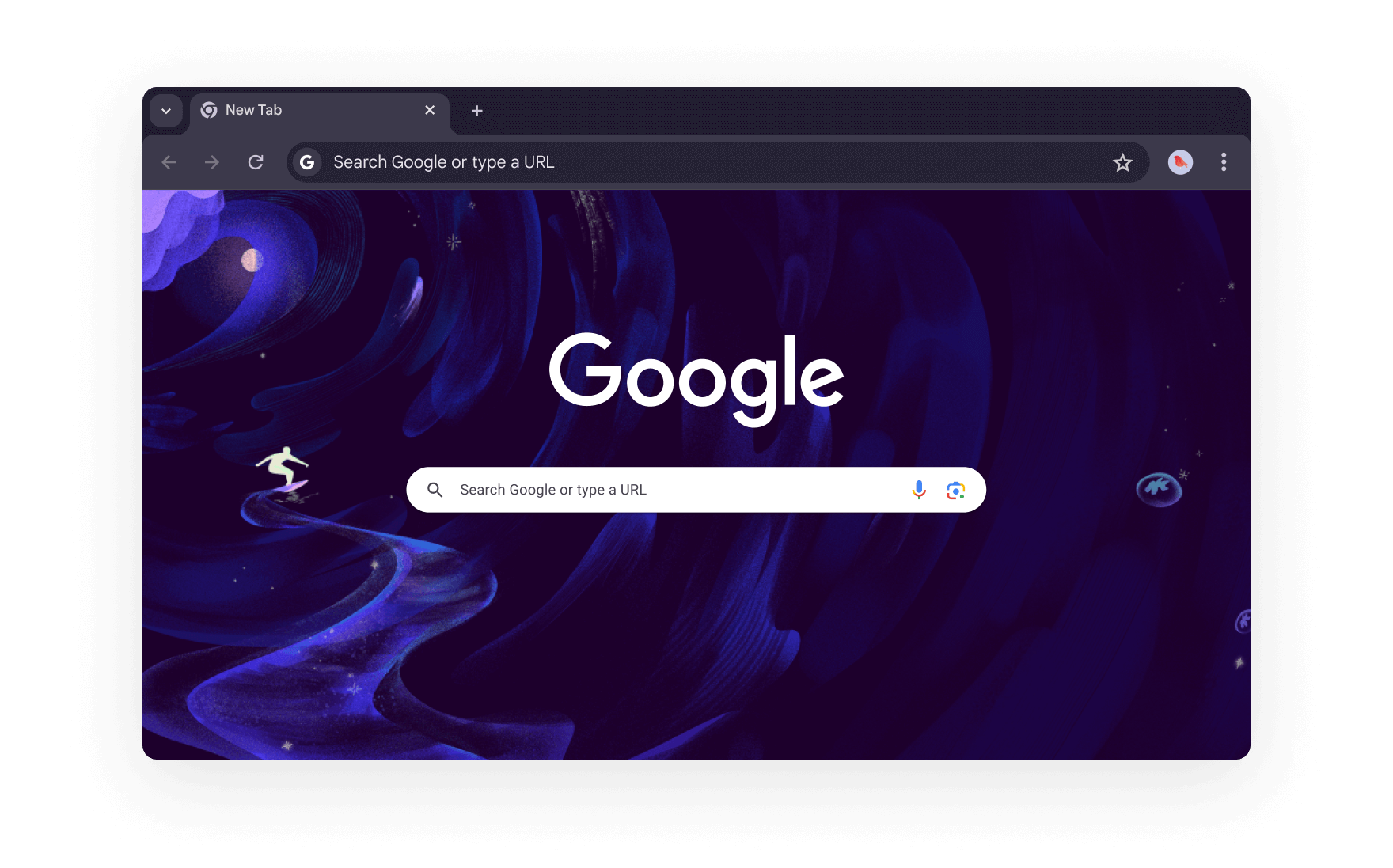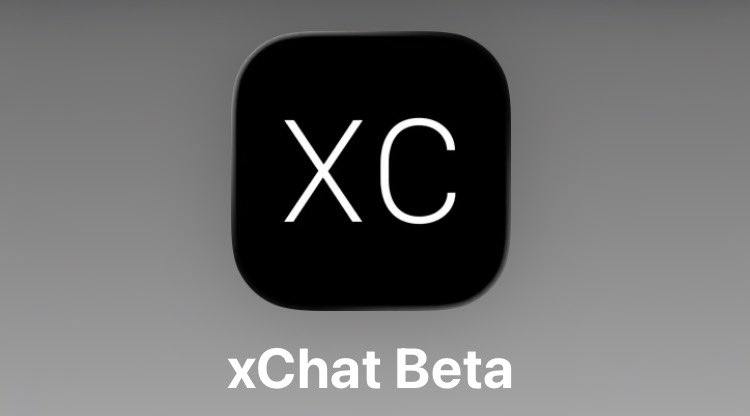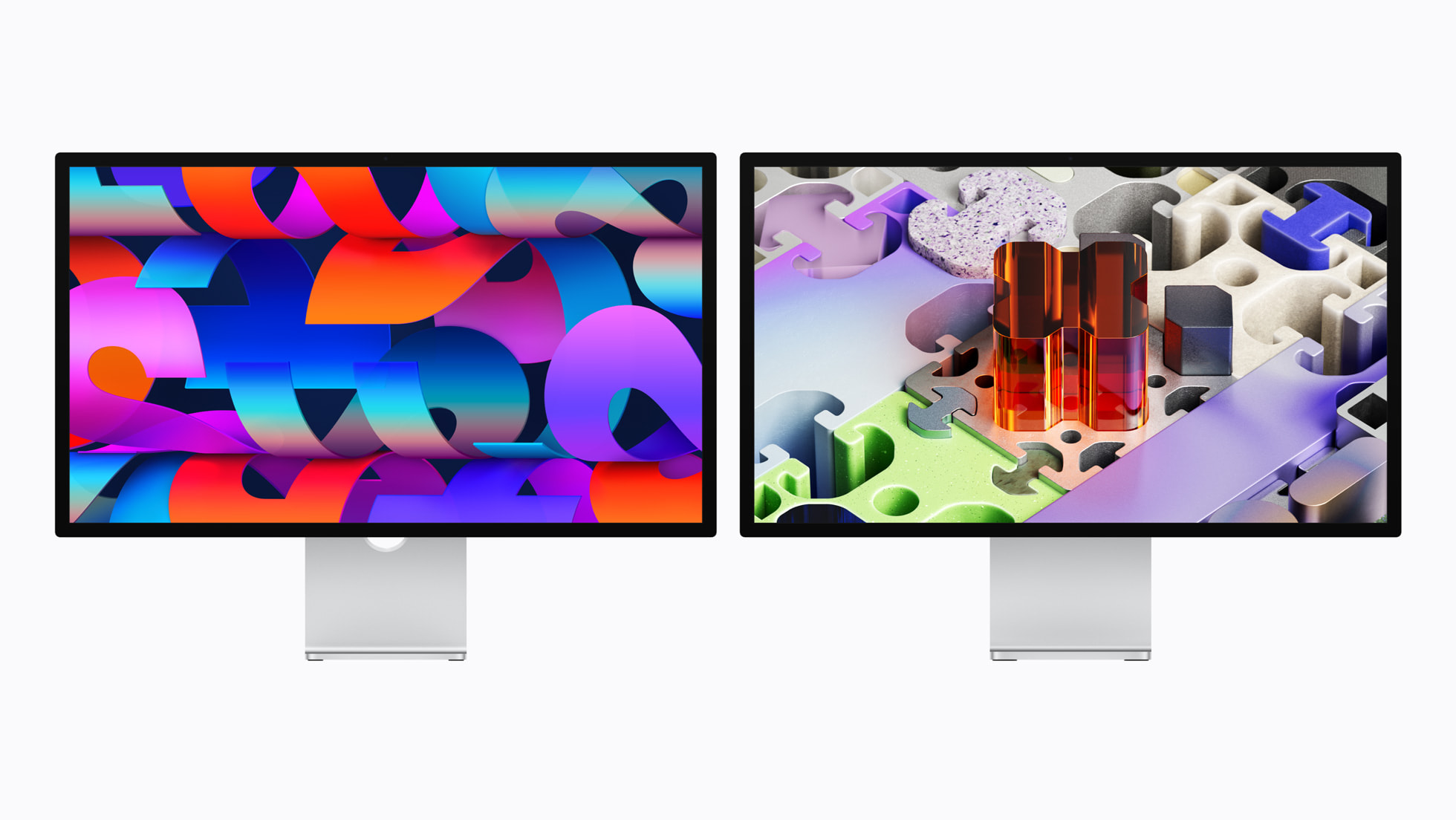
Semiconductor powerhouse Nvidia is reportedly poised to make a substantial investment, potentially ranging from $500 million to $1 billion, into Poolside, an emerging artificial intelligence firm specializing in AI models for software development. This significant financial injection, as reported on October 30, 2025, is understood to be a key component of Poolside’s ambitious $2 billion funding round, which is projected to propel the company’s valuation to an impressive $12 billion. The precise amount of Nvidia’s contribution is reportedly contingent on the successful completion of the broader funding initiative, signaling a strategic move by the chip giant to further entrench itself in the burgeoning AI software ecosystem.
Nvidia’s Strategic Expansion in AI
This potential investment is not Nvidia’s inaugural backing of Poolside; the company previously participated in Poolside’s $500 million Series B funding round in October 2024. Such repeated and escalating investments underscore a deliberate strategy by Nvidia to diversify its interests beyond its foundational role as the dominant supplier of the graphics processing units (GPUs) that power most AI computations. Historically, Nvidia built its empire on gaming GPUs, but a prescient pivot decades ago positioned it at the forefront of parallel computing, making its chips indispensable for machine learning and artificial intelligence. As the "picks and shovels" provider in the AI gold rush, Nvidia now seeks to influence and benefit from the applications built atop its hardware.
The company’s investment portfolio reflects a broader vision for shaping the future of AI. In recent months, Nvidia has demonstrated an aggressive and varied investment appetite. For instance, in October, it revealed plans for a substantial $500 million investment into Wayve, a UK-based startup focused on self-driving technology. Just a month prior, in September, Nvidia made headlines by acquiring a $5 billion stake in Intel, a move that surprised many and hinted at future collaborations in chip development, potentially aiming to optimize workloads for hybrid architectures. These diverse ventures illustrate Nvidia’s intent to cultivate a robust and interdependent AI ecosystem, where its hardware remains the central nervous system.
Revolutionizing Software Development with AI
Poolside operates at the cutting edge of AI, focusing on the development of sophisticated models designed to automate and enhance various aspects of software creation. Its core offering aims to transform the often labor-intensive and intricate process of coding by leveraging advanced AI, potentially leading to increased efficiency, reduced development cycles, and a democratization of software engineering. The vision is to empower developers with intelligent tools that can generate code, identify bugs, suggest optimizations, and even assist in architectural design, fundamentally altering how software is conceived and built.
The journey towards AI-assisted coding has been a gradual but accelerating one. Early iterations included basic autocomplete features in integrated development environments (IDEs) and simple code suggestion tools. The advent of large language models (LLMs) and the Transformer architecture, pioneered around 2017, marked a significant inflection point, allowing AI to understand and generate human-like text, including programming code, with unprecedented fluency. Companies like GitHub Copilot, leveraging OpenAI’s models, brought AI coding assistants into mainstream adoption, demonstrating the practical utility and productivity gains offered by these technologies. Poolside appears to be building on this foundation, aiming for even more sophisticated and comprehensive AI-driven software development capabilities. Its focus on building proprietary, highly specialized models suggests a pursuit of deeper integration and potentially more tailored solutions than general-purpose LLMs might offer.
A Kingmaker’s Gambit: Nvidia’s Broad AI Portfolio
Nvidia’s strategy extends beyond merely selling GPUs; it involves actively nurturing and investing in companies that will drive demand for its products and expand the overall AI market. By investing in innovators like Poolside, Nvidia is not just buying a stake in a promising company; it’s investing in the future adoption of AI across critical industries, including its own. If Poolside succeeds in making software development dramatically more efficient through AI, it will likely necessitate more powerful computing infrastructure – precisely what Nvidia provides. This forms a virtuous cycle: Nvidia’s GPUs enable AI, AI drives demand for more software, and advanced software demands more powerful GPUs.
This "kingmaker" role positions Nvidia as a central arbiter in the AI landscape, influencing technological trajectories and fostering innovation. Its investments are not arbitrary but calculated moves to support key pillars of the AI revolution. From autonomous vehicles (Wayve) that require immense real-time processing, to foundational chip collaboration (Intel) for future AI architectures, to the very creation of software (Poolside) that runs on these systems, Nvidia is strategically placing its bets across the entire value chain. This broad portfolio hedges against specific market downturns while maximizing potential upside from the overall growth of AI.
The AI Gold Rush: Valuations and Market Trends
The reported $12 billion valuation for Poolside, even amidst a challenging global economic climate, underscores the intense investor confidence and speculative fervor surrounding companies at the forefront of AI innovation. Such high valuations reflect the perceived transformative potential of AI to disrupt existing industries and create entirely new markets. Investors are increasingly willing to commit significant capital to companies that demonstrate promising advancements in AI, particularly those addressing critical bottlenecks or offering substantial productivity gains, as Poolside aims to do for software development.
This period echoes previous technological booms, such as the dot-com era or the early days of mobile computing, where groundbreaking technologies commanded astronomical valuations based on future potential. However, the current AI wave is distinguished by the tangible, immediate impact of generative AI, which has moved rapidly from research labs to practical applications. The ability of AI to automate complex cognitive tasks, like writing code, has profound implications for global labor markets, economic productivity, and the competitive landscape of technology companies. The race to develop and deploy the most effective AI solutions has led to an unprecedented flow of capital into startups in this sector, creating both immense opportunities and potential for market volatility.
Shaping the Future of AI and Tech Innovation
Nvidia’s deepening involvement with Poolside has far-reaching implications. For the software development community, it signals an acceleration in the adoption of AI tools, potentially ushering in an era where human developers collaborate intimately with AI assistants, offloading repetitive tasks and focusing on higher-level design and creativity. This shift could redefine the skill sets required for future developers and reshape educational curricula. On a broader scale, it highlights the increasing vertical integration within the tech industry, where hardware providers are not content merely supplying components but actively seek to influence and control the software and services built upon their platforms.
The substantial investment by a market leader like Nvidia lends considerable credibility and resources to Poolside, potentially enabling it to accelerate its research, attract top talent, and scale its offerings more rapidly. This move also intensifies competition in the AI coding space, pushing other players to innovate further. While the long-term impacts are still unfolding, this strategic alliance between a hardware titan and a cutting-edge AI software developer is a powerful indicator of the direction in which the technology industry is heading: a future where intelligent systems are seamlessly integrated into the very fabric of how we create and innovate.







